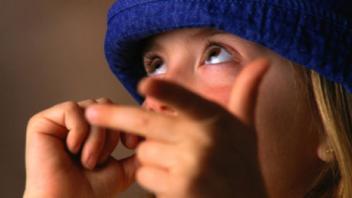As a young reader, your child is learning to make predictions while reading. “What do you think will happen next?” “Who do you think drank Sara’s lemonade?” These types of questions we ask children as they’re reading help them learn to monitor their understanding of the story while thinking ahead to the next part. If your child is able to make good and fairly accurate predictions while reading, chances are she comprehends the story well.
Scientists, just like readers, make predictions all the time. In fact, scientists use predictions as part of their hypothesis, or question they try to answer through their experiments. Help your child begin to see the connection between what she does as a reader and what she can do as a scientist.
Here are two simple ways you can encourage your child to put her prediction skills to work as a scientist.
Play favorites
What is our family’s favorite flavor of ice-cream? What is our favorite movie to watch together? What is our favorite bedtime story? Choose a question, or make up your own, that your child is excited about.
First, have your child predict or guess the answer to the question. Help her write down her prediction. “I think chocolate is our family’s favorite flavor of ice cream.” Then, have your child ask each member of the family for an answer. Have your child record the answers using a special Science Notebook or simply mark tally marks on paper. Finally, ask your child to compare her prediction to the actual answers.
Good guess!
Estimation is often very similar to a prediction. In both cases, your child will be working to make a good guess about an answer. As with our Play Favorites idea, encourage your child to write down (or write together) the questions and answers in a special Science Notebook. Whenever possible, encourage the use of scientific words like estimation, predication, collect data, analyze, and prove.
Here are some estimation questions that require your child to make a prediction:
- How many noodles will it take to fill up this jar? Encourage your child to use scientific language and thinking to answer. “I predict it will take 300 noodles to fill the jar.”
- How many steps is it from our front door to the mailbox?
- How much does our dog weigh?
- How many library books fit on one shelf?
- How long do you think it will take for the ice cubes to freeze (or melt)?
We predict your child will have great fun with these activities! And you can have fun knowing that you’re helping your child make important connections between the skills of prediction, reading, and science.
Recommended children’s books
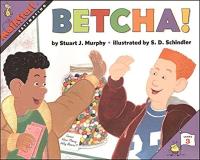
Betcha! Estimating
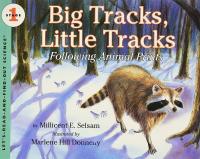
Big Tracks, Little Tracks
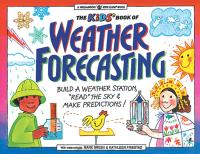
The Kid’s Book of Weather Forecasting
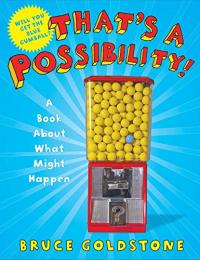
That’s a Possibility: A Book About What Might Happen
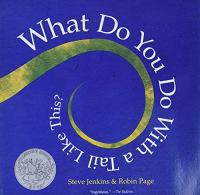
What Do You Do with a Tail Like This?
Download this article in Spanish
Subscribe to Growing Readers!
Get our free monthly parent tips — in English and Spanish — delivered right to your inbox!
